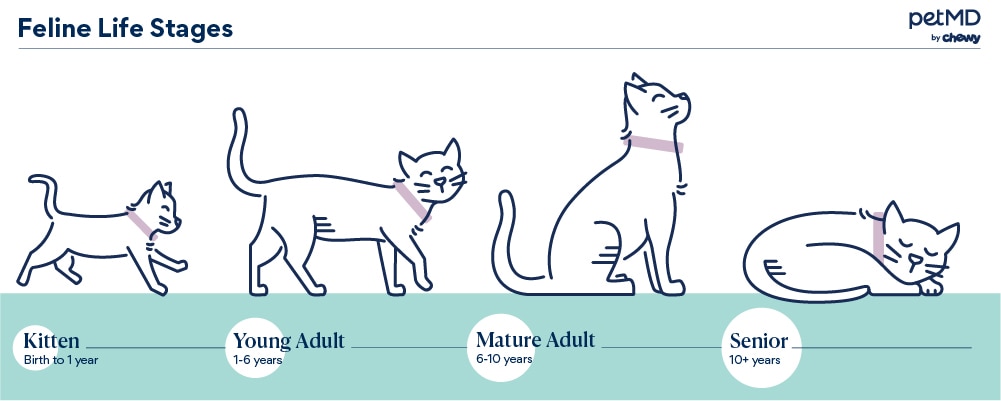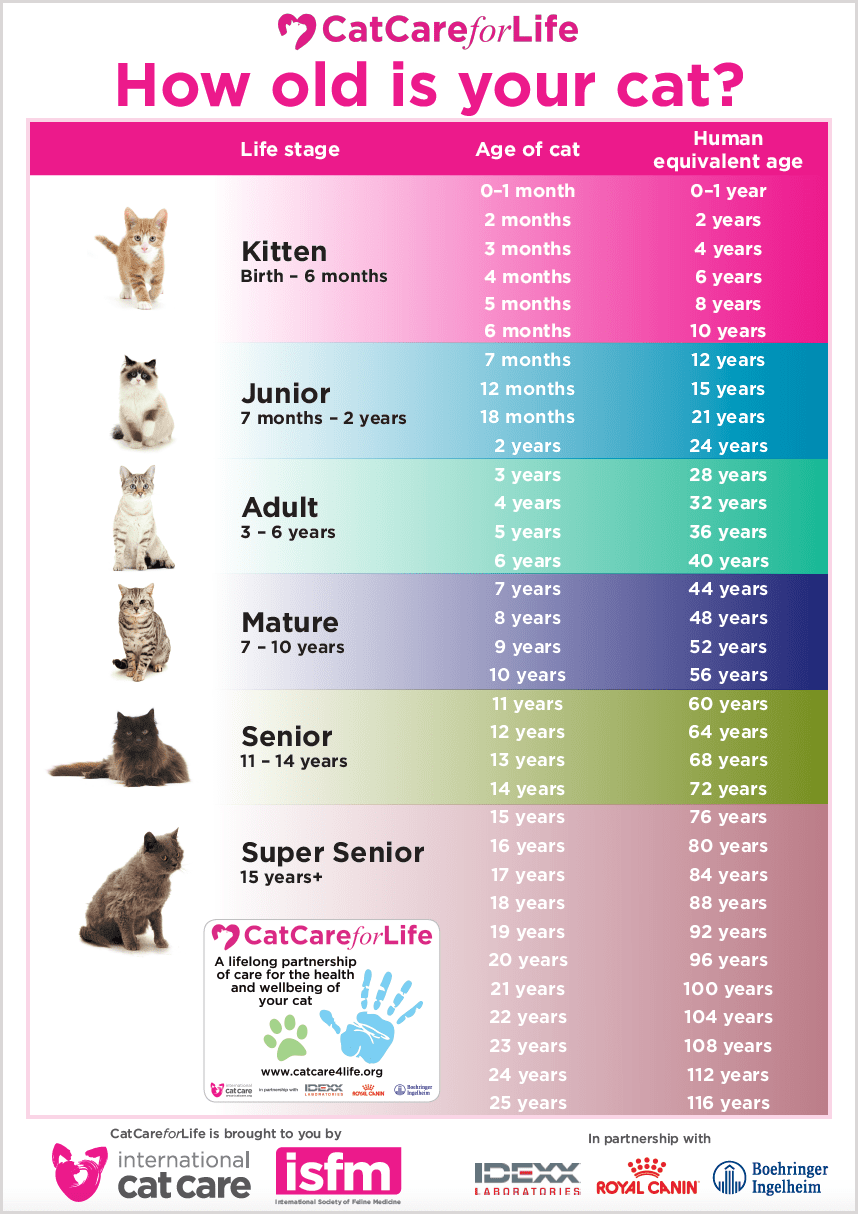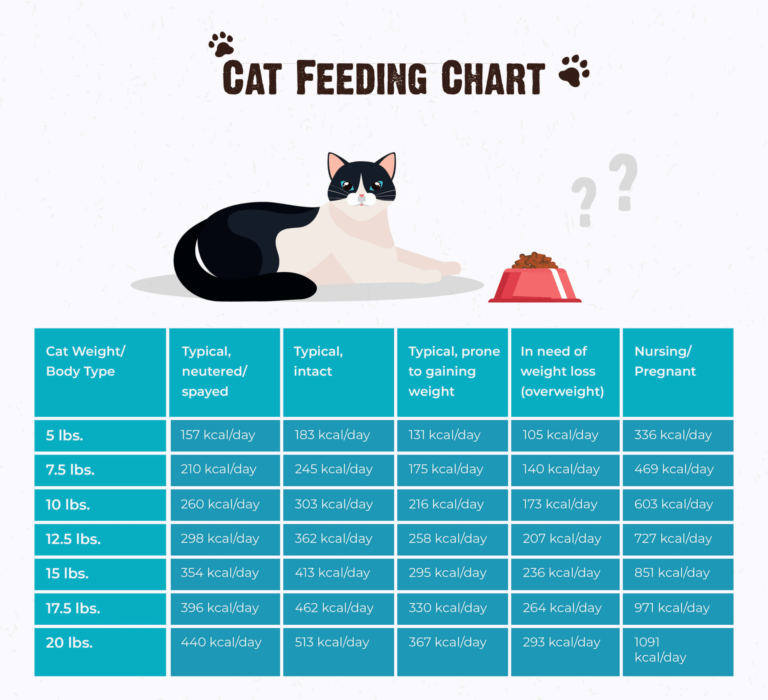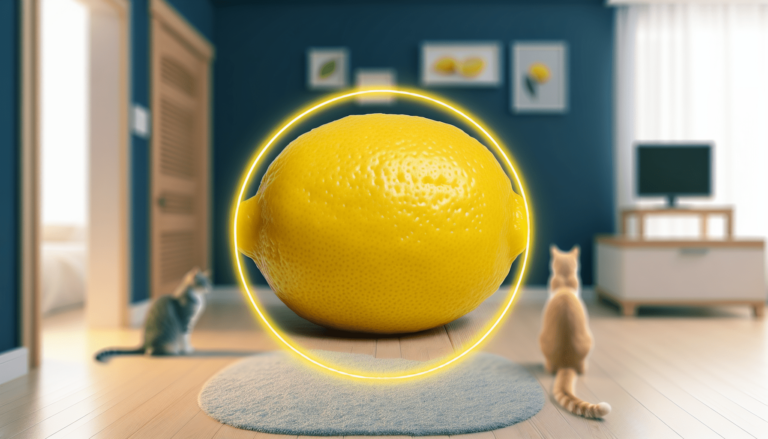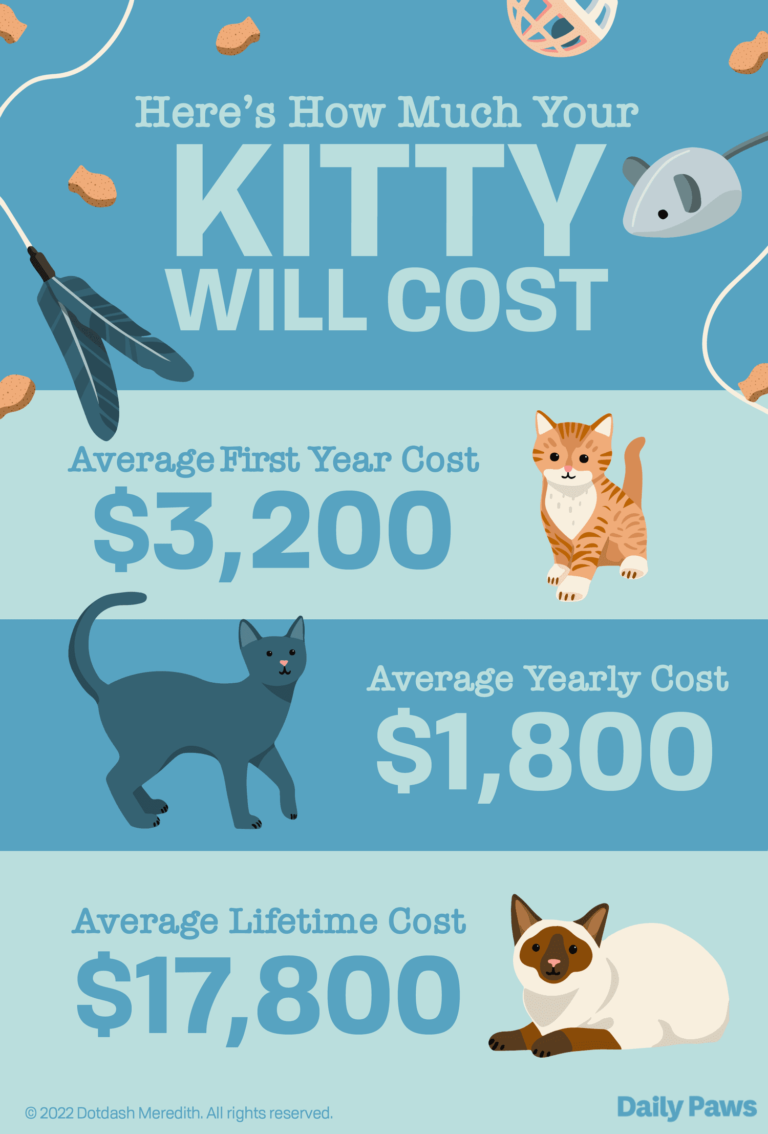What Is The Average Life Expectancy Of An Indoor Cat
Hey there! Have you ever wondered about the average life expectancy of an indoor cat? Well, you’re in luck because in this article we will delve into the factors that can affect how long your feline friend may live indoors. So sit back, relax, and get ready to learn all about the lifespan of indoor cats!
Understanding the Average Life Expectancy of an Indoor Cat
Curious about how long your furry friend will be by your side? You’re not alone! The average life expectancy of an indoor cat can vary depending on several factors. Let’s dive into what you can expect and how to ensure your feline companion lives a long and healthy life.
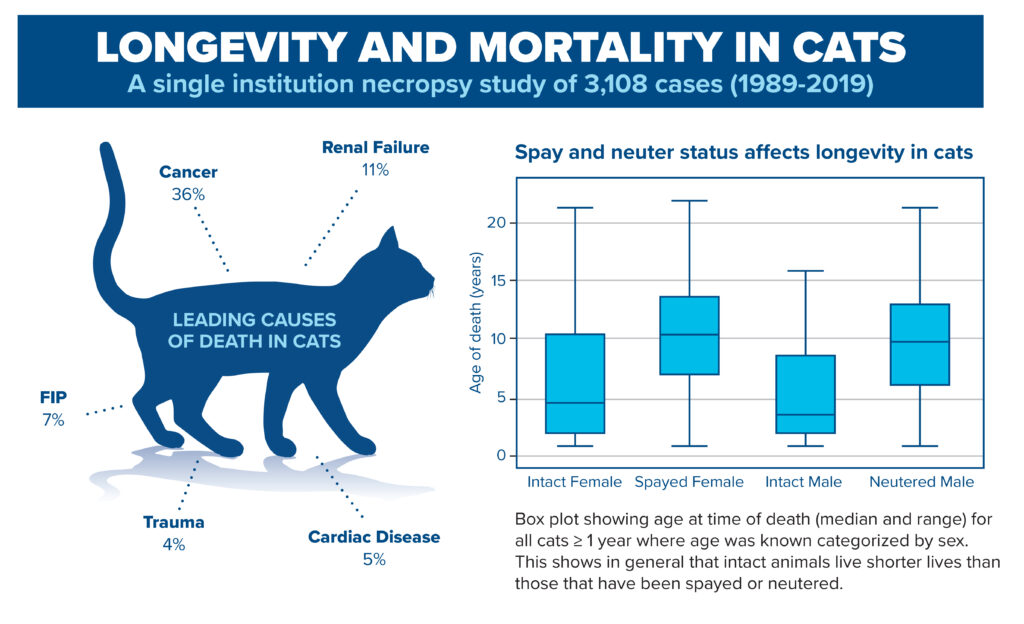
Factors Affecting Life Expectancy
Before we get into the numbers, it’s essential to understand that several factors can influence how long your indoor cat will live. From genetics to diet and lifestyle, here are some key factors that play a role in determining your cat’s life expectancy.
Genetics
Just like with humans, genetics play a significant role in a cat’s lifespan. Some breeds are naturally predisposed to certain health conditions that can affect their longevity. It’s essential to know your cat’s breed and any potential health issues they may face.
Diet and Nutrition
What your cat eats can have a significant impact on their overall health and lifespan. A balanced diet that meets their nutritional needs is essential for a long and healthy life. Make sure to provide your cat with high-quality, age-appropriate food to keep them in top shape.
Lifestyle
Indoor cats generally have a longer life expectancy than outdoor cats due to fewer risks of accidents, diseases, and predators. Providing a safe and stimulating environment for your indoor cat can help them live a longer and healthier life.
Veterinary Care
Regular veterinary check-ups are crucial for catching any potential health issues early on. Routine vaccinations, parasite control, and dental care are essential for maintaining your cat’s overall health and increasing their life expectancy.
Average Life Expectancy of Indoor Cats
So, what is the average life expectancy of an indoor cat? On average, indoor cats live longer than outdoor cats. While there is no set number that applies to all cats, most indoor cats can live anywhere from 12 to 20 years or even longer with proper care and attention.
Indoor vs. Outdoor Cats
Compared to outdoor cats, indoor cats tend to live much longer lives. Outdoor cats face a variety of risks, including accidents, diseases, and predators, that can significantly impact their life expectancy. Keeping your cat indoors can help protect them from these dangers and increase their chances of living a longer life.
Senior Cats
As cats age, they may require additional care and attention to maintain their health and quality of life. Senior cats, typically over the age of 7, are more prone to age-related health issues such as arthritis, dental problems, and kidney disease. Providing proper veterinary care and a tailored diet can help senior cats live comfortably into their golden years.
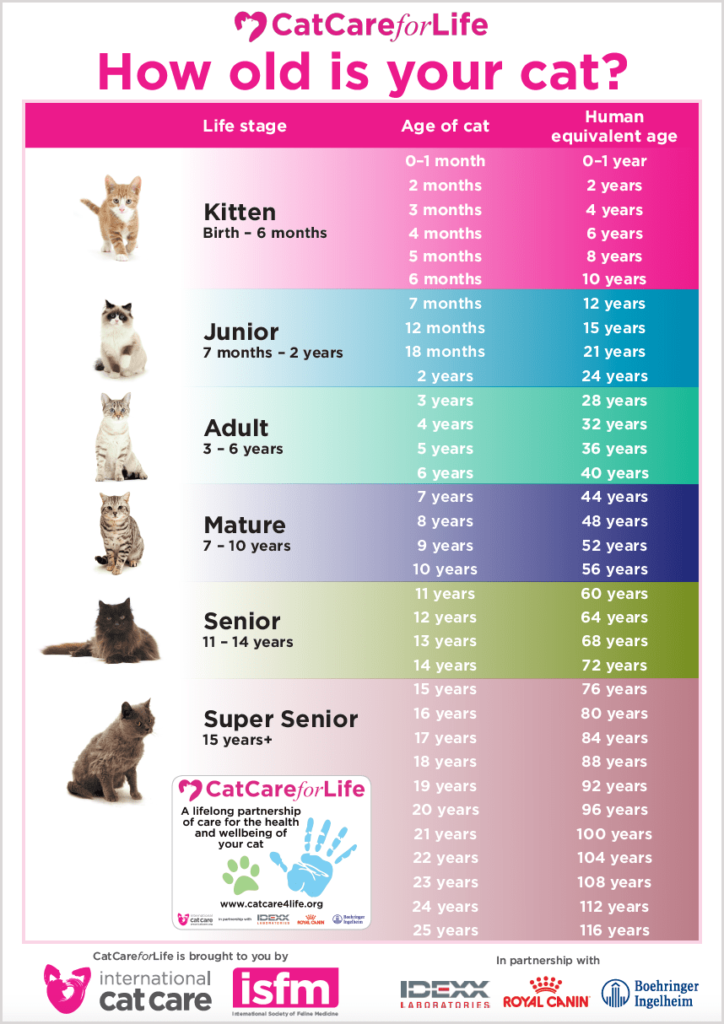
Tips for Increasing Your Cat’s Life Expectancy
Want to ensure your indoor cat lives a long and healthy life? Here are some tips to help you increase your furry friend’s life expectancy and overall well-being.
Proper Nutrition
Feeding your cat a balanced and nutritious diet is essential for their overall health and longevity. Make sure to provide high-quality cat food that meets their specific dietary needs based on their age, breed, and any existing health conditions.
Regular Exercise
Keeping your cat active and engaged is crucial for their physical and mental well-being. Provide your cat with plenty of toys, scratching posts, and interactive playtime to help them stay fit and stimulated.
Veterinary Care
Regular veterinary check-ups are essential for monitoring your cat’s health and catching any potential issues early on. Stay up to date on vaccinations, parasite prevention, and dental care to keep your cat healthy and thriving.
Environmental Enrichment
Creating a stimulating environment for your indoor cat can help prevent boredom and behavioral issues. Provide opportunities for your cat to explore, play, and exercise to keep them happy and healthy.
Stress Management
Stress can have a negative impact on your cat’s health and well-being. Make sure to provide a calm and secure environment for your cat, with plenty of hiding spots, cozy resting areas, and quiet spaces for them to relax.
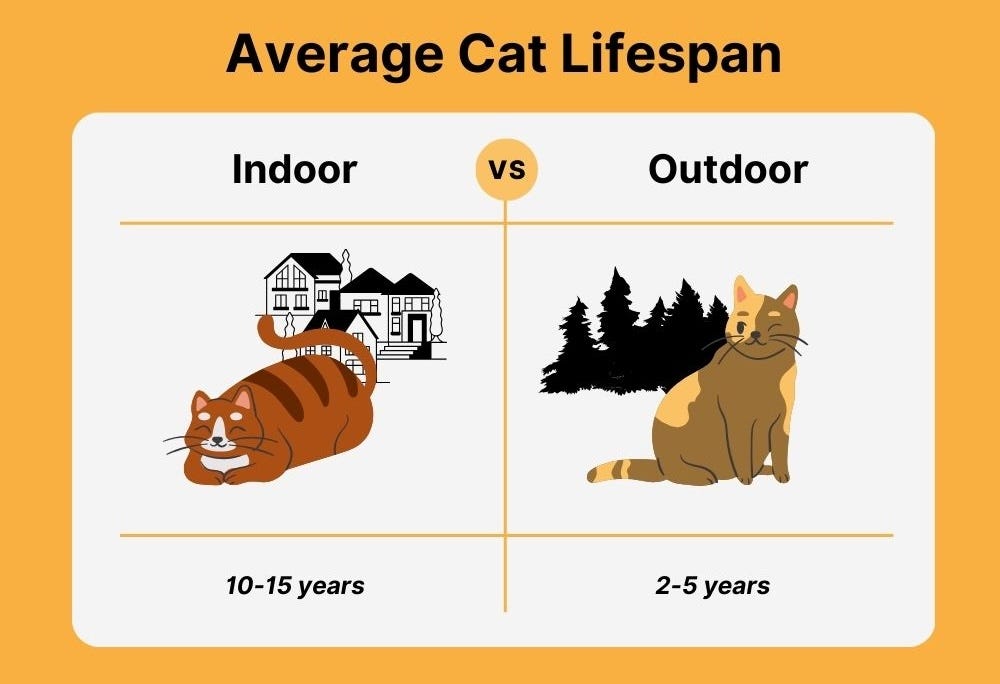
Summary
In conclusion, the average life expectancy of an indoor cat can vary depending on several factors, including genetics, diet, lifestyle, and veterinary care. By providing your feline companion with the proper nutrition, exercise, veterinary care, environmental enrichment, and stress management, you can help increase their life expectancy and ensure they live a long and healthy life by your side. Remember, every cat is unique, so it’s essential to tailor your care to meet your cat’s specific needs and ensure they thrive for years to come.
